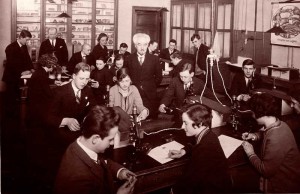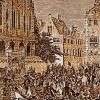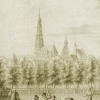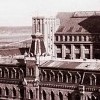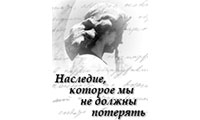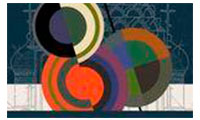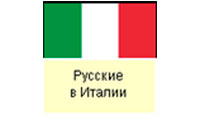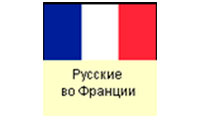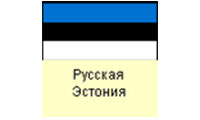18th Century: Latvia Became a Part of Russian Empire
The end of the 17th Century was marked by a strengthening of the struggle for domination of the Baltic region. Denmark, Saxony and Russia formed a coalition against Sweden. At first the war was working in the Swedes’ favour. Denmark and the Rzeczpospo-lita left the war. However, the energetic Russian Tsar Peter I had quickly managed to modernise his army. A crucial event in the progress of the Northern War was the Battle of Poltava (1709), which ended in the utter defeat of the Swedish army. Russian troops besieged Riga as soon as November 1709. >>
The Ostsee Times and Old-Believers
At the end of the 18th and in the first half of the 19th Centuries the lands of present-day Latvia and Estonia were known as the Ostsee area. The origin of this term is German. The ruling powers there were German nobles and merchants. Despite the Ostsee being part of the Russian Empire, Russian legislation was not in force in these Baltic provinces. The official language in the region was German. It was possible to achieve a full education in German only. The Russian Orthodox minority chiefly made up of small tradesmen and workers were not engaged in any independent social activities. It was not uncommon for a few wealthy Orthodox merchants to adopt German culture and send their children to German schools. >>


